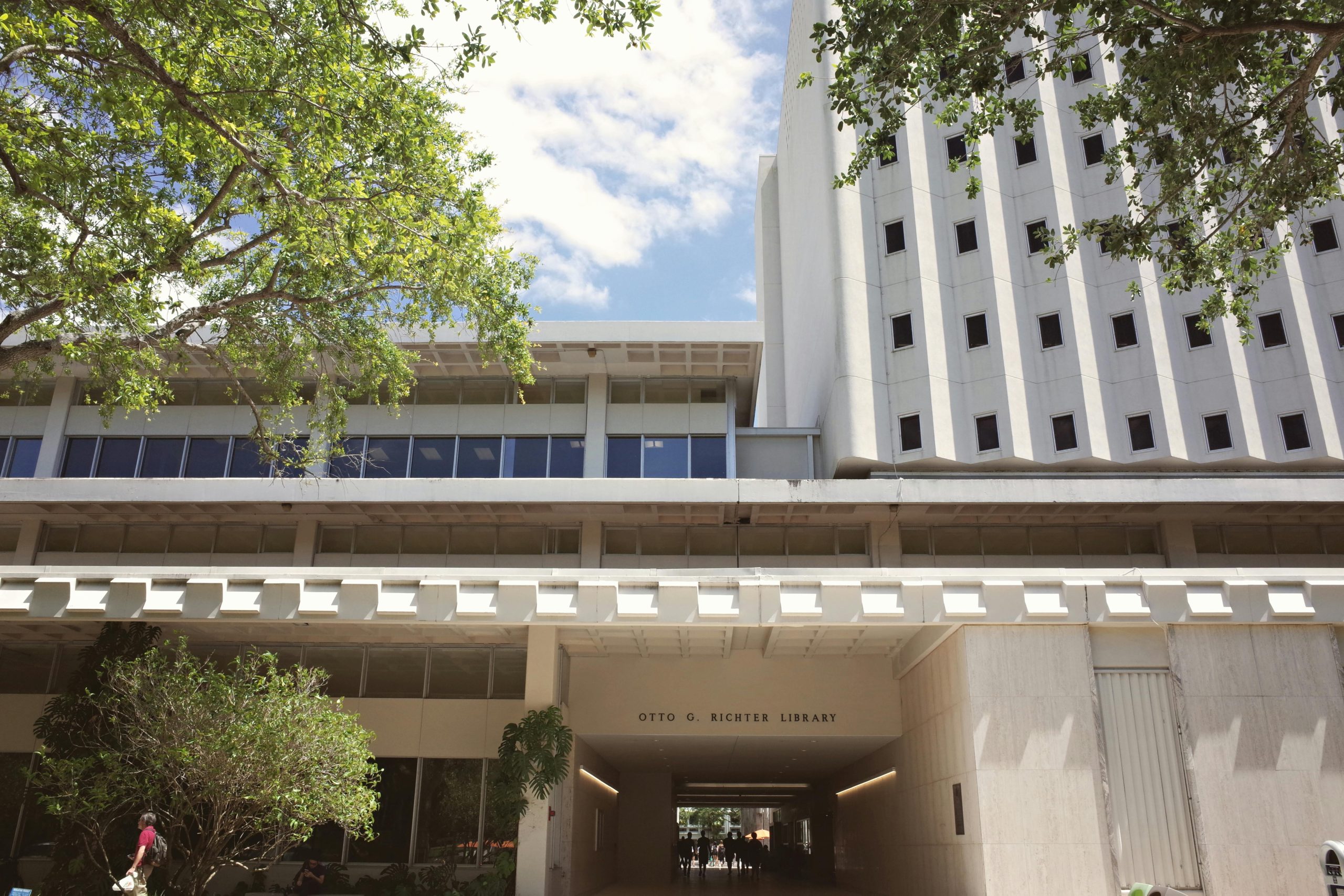Why Reading Motorists Seem Unhelpful and Useless
I just had an encounter on Bath Road at the lights by Burghfield Road that left me questioning the lack of assistance from Reading motorists. A lad ran out of diesel and found himself stranded on the road because he didn’t realize that the Tesco garage was under construction.
Despite the countless cars beeping and impatiently passing by, I took it upon myself to push the car out of harm’s way onto the path. Within five minutes, the issue was resolved, thanks to my efforts.
It’s disheartening to see the lack of willingness from others to offer a helping hand these days. Gone are the times when motorists or passersby would stop to assist a stranded individual. Instead, it seems people are more inclined to honk and show aggression. Has the empathetic nature of individuals really changed that drastically in the past few decades?

It’s unfortunate that you experienced such unhelpful behavior from motorists in Reading. It’s important to remember that not everyone will respond in the same way in a situation like this.
There could be several reasons why some motorists may appear unhelpful or useless in such situations. One reason could be the busy and fast-paced nature of modern life, where people are always in a hurry and may not have the time or willingness to stop and help others. Additionally, some people may not feel equipped or knowledgeable enough to assist in a car-related emergency, and may be unsure of how to help without making the situation worse.
Furthermore, the fear of personal safety or potential scams could also play a role in why some individuals may choose not to lend a hand to a stranded motorist. Unfortunately, in today’s world, there are risks associated with stopping to help strangers on the road, and this may deter some people from offering assistance.
While it may be disheartening to encounter unhelpful behavior from others, it’s important to focus on the positive actions you took in helping the stranded motorist. Your willingness to stop and lend a hand demonstrates empathy and kindness, qualities that are always valuable, especially in situations where others may not be as willing to help.
It’s possible that not everyone has changed over the last 30 years, but societal norms and values have definitely evolved. Remember, your actions made a positive difference in that particular moment, and that’s what matters most. Keep being a good Samaritan and setting a positive example for others to follow.
It’s truly concerning to witness the shift in social behavior among motorists today, especially in situations that call for community spirit and empathy. While many factors could contribute to this trend—ranging from the fast-paced lifestyles we lead to heightened individualism—it’s important to emphasize the role of awareness and education in fostering a more supportive driving culture.
Perhaps initiatives that encourage roadside assistance and community engagement could make a difference. For instance, local campaigns that promote driver etiquette and the importance of aiding those in distress may help restore a sense of responsibility among drivers. Additionally, platforms for sharing real-time updates about available services, like nearby gas stations, could also alleviate situations like the one you encountered.
On a personal level, your willingness to help not only resolved the immediate issue but also sets a powerful example for others. Stories like yours can inspire more motorists to extend a helping hand, and perhaps spark discussions on how we can collectively cultivate compassion on our roads. Let’s hope that over time, we can reignite that sense of community that seems to be waning. Thank you for sharing your experience!
Thank you for sharing your experience. It’s certainly concerning to witness a decline in community support, especially in situations where a little kindness can go a long way. Your decision to help the stranded driver is commendable and serves as a reminder that individual actions can make a real difference.
It might be useful to reflect on why this shift in behavior has occurred. Many factors could contribute, such as the fast-paced nature of modern life, increased distractions from technology, or even a culture of individualism that has emerged. It’s also worth considering the safety concerns that may deter people from stopping to help strangers on the road.
Perhaps initiatives that promote community engagement and awareness could encourage more people to lend a hand in similar situations. Local campaigns that educate drivers on the importance of assistance and empathy could foster a more supportive atmosphere. Additionally, creating more platforms for sharing such stories of kindness might inspire others to act when they see someone in need.
What do others in the community think? Could we brainstorm ways to encourage a culture of support and help in similar circumstances?